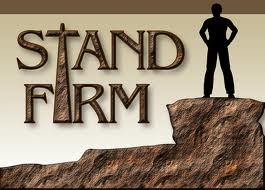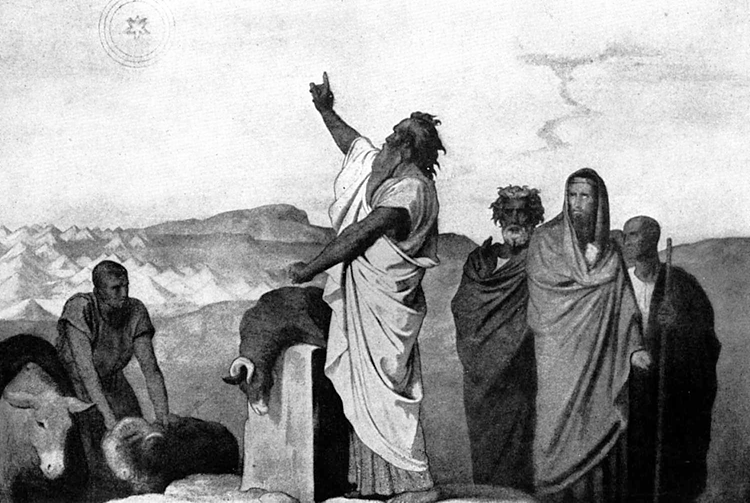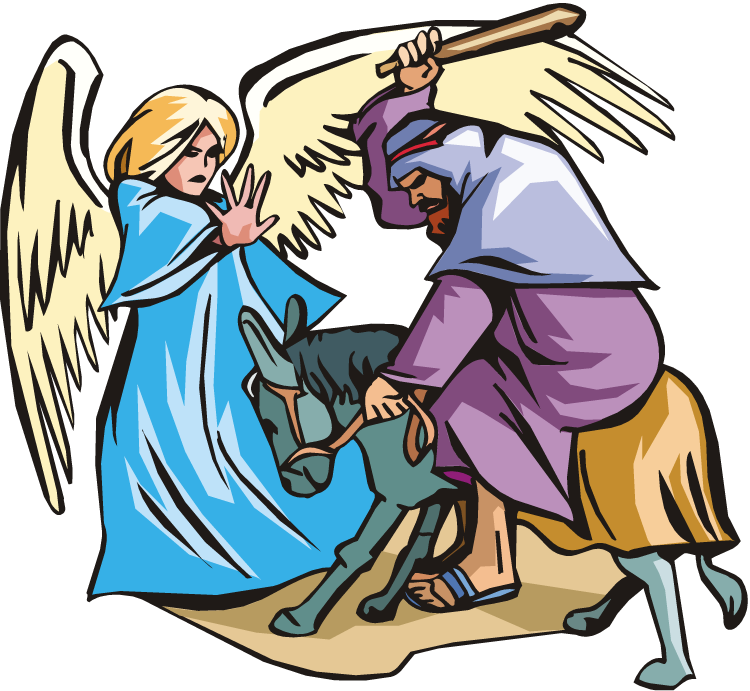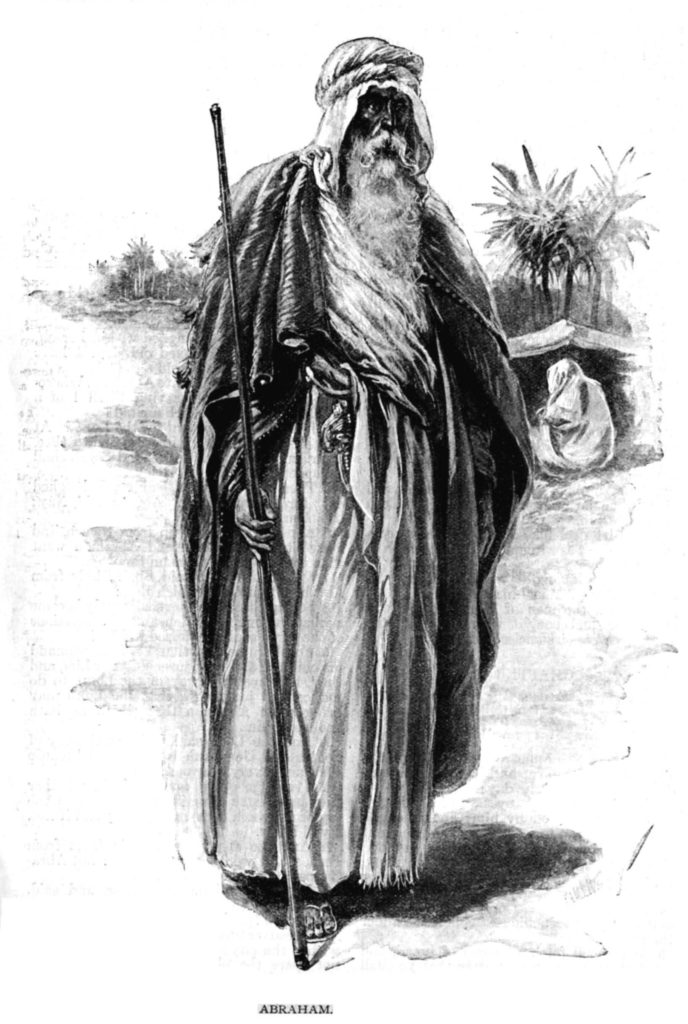
Phinehas…took a javelin. Phinehas, the priest, rose up against evil—in this case, sexual immorality—and took a stand for righteousness, and YHVH commended him for it. Who are the Phinehases of today?
In standing against sin, Phinehas, the grandson of Aaron the high priest, was not acting as a self-appointed vigilante as it may appear. Rather, YHVH had given the priests, of which Phinehas was one, the authority to act as judges in Israel and to pronounce sentence in criminal matters (Deut 17:9–11). Additionally, Phinehas was doubly justified in his action against the fornicators, since he was an eyewitness of these sexual crimes, and the Torah teaches that the hand of the eyewitness was to be the first to rise up in executing judgment against the criminals (Deut 17:6; Ezek 44:24). So as an eyewitness and as a priest, he was legally justified in his actions. The priests and Levites were to act as Israel’s legal experts (Lev 10:10–11; Deut 24:8; 33:10; 2 Chron 17:9; 30:22; Neh 8:2, 8; Hag 2:11; Ezek 44:23; Mal 2:7) and to make determinations between the holy and the profane (Ezek 22:26; 44:23).
Who are YHVH’s priest on the earth today? According to Peter, and John the saints are those priests (1 Pet 2:7; Rev 1:6; 5:10; 20:6). As such, the saints presently possess the divinely mandated legal authority to fulfill the responsibilities of the priesthood of old when it comes to teaching the laws of Elohim to the nations in which they live (Lev 10:10–11). Moreover, Yeshua, our Great High Priest, has tasked his disciples with the responsibility and authority to judge righteously (i.e. to make judgments according to YHVH’s standards of righteousness, John 7:24), and to be spiritual fruit inspectors (Matt 7:15–20). Today, this responsibility is primarily exercised within the congregation of the righteous (1 Cor 5:12; 6:1–6). However, besides this, the righteous saints are to act as spiritual salt in this world and to be like a spiritual light on a hill for the world to see (Matt 5:13–16). This means that they are to preach the gospel to the world, to make disciples and to teach those around them all that Yeshua has commanded them (Matt 28:18–20; Mark 16:15–16). This means that the saints have heaven’s authority and commission to act as the spiritual and moral compass and conscience for the nations in which they live. This means that they will be standing against evil wherever and however they can as directed by the Spirit of Elohim, even as Phinehas did.
It is time that the righteous servants of YHVH Elohim begin to stand up in a more vocal and demonstrative way against the evil that is being foisted upon our society by those who are bent upon destroying the family, morality, and any vestiges of biblical standards of righteousness that may still exist around us. In Psalm 94:16, YHVH asks the question of his servants, “Who will rise up for me against the evildoers or who will stand up for me against the workers of iniquity?” With this in mind, the question we need to ask ourselves is this: If not me, who; if not now, when? If you have something worth living for, then do you have something worth giving your life for? If those who are caught up in demonically inspired religious systems are willing to die for their faith calling it “a holy war” and “martyrdom for their [demon] god,” can the saints of YHVH at least not take a verbal stand against the tide of evil that is sweeping our society?
The Bible is full of examples of YHVH’s servants standing against unrighteousness in their day and their receiving YHVH’s blessing for it. Several examples include the Hebrew midwives disobeying the edict of Pharaoh to commit infanticide (Exod 1:15–22), Phinehas executing judgment against the fornicators (Num 25:7–8), the three Hebrew children refusing to worship the golden image (Dan 3:8–18), Daniel violating the king’s edicts by praying to YHVH (Dan 6:10–12), John the Baptist criticizing Herod for his adultery (Mark 6:18), Yeshua turning over the money changers’ tables in the temple (Matt 21:12), and Peter and John for disobeying the Jewish leaders’ command to not preach the gospel (Acts 4:18–20). Many more examples could be given. Remember all the biblical prophets?
Do you not know that the unrighteous will not inherit the kingdom of God? Do not be deceived. Neither fornicators, nor idolaters, nor adulterers, nor homosexuals, nor sodomites, nor thieves, nor covetous, nor drunkards, nor revilers, nor extortioners will inherit the kingdom of God. And such were some of you. But you were washed, but you were sanctified, but you were justified in the name of the Lord Jesus and by the Spirit of our God. (1 Cor 6:9–11, emphasis added)







